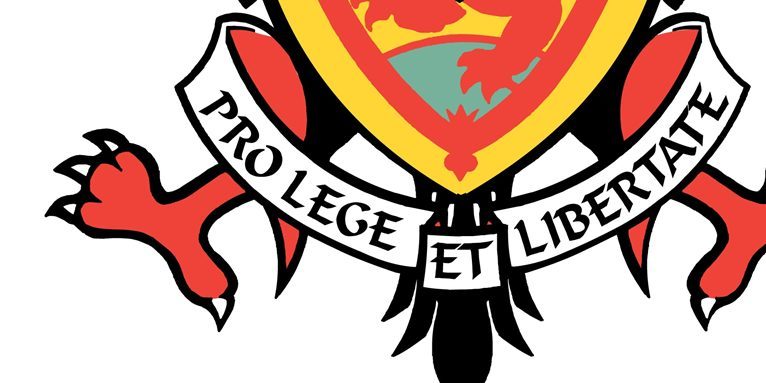Disciplinary measures surrounding the “cash for warrants” scandal at Perth and Kinross Council will remain shrouded in secrecy after a ruling by Scotland’s information commissioner.
The watchdog accepted The Courier has a “legitimate interest” in obtaining information about last year’s investigation into three staff members which resulted in one being fired and another warned over his conduct.
However, data protection provisions mean the exact details cannot be released, in order to protect the council’s procedures and ensure the names of those involved directly and indirectly are not made public.
The Courier has been fighting to obtain further information about the affair, in which it was alleged three members of the council’s building standards department took cash for approving building warrants they had drawn up themselves.
The council has consistently stonewalled demands for clarity, insisting the probe was a private matter despite claims those who had paid for work could be without indemnity insurance and could even have unsafe buildings as a result.
After the council refused to hand over documents under freedom of information legislation, The Courier appealed to the commissioner. In a ruling, head of enforcement Margaret Keyse said, “The commissioner considers that there is a general public interest, where complaints have been raised about the service and conduct of front-line staff in a public authority to understand what action, if any, has been taken to address these complaints.
“This interest also ties in with the general public interest in ensuring that public authorities which receive and spend public money are both transparent and accountable. The commissioner also accepts that (a journalist’s) role leads him to write about matters of local and national interest regarding the workings of public authorities, which affect the public.Transparent and accountable”Part of this role includes ensuring that local government is transparent and accountable and that its staff act in compliance with relevant rules and regulations, which ties in with the wider public interest of ensuring that, where complaints have been raised about the service and conduct of front-line staff, relevant actions are taken to investigate and address these fully.
“Having considered all the comments from the council and (The Courier) the commissioner has concluded that (The Courier) does have a legitimate interest in obtaining the information.”
The commissioner also accepted FoI legislation was the only possible means of retrieving the information sought, despite a claim by the council that it may be freely given up by the staff involved.
Ms Keyse said the commissioner “recognises that the investigations into the conduct of certain staff raised matters of serious and genuine concern, relating to the conduct of council employees” but the right to privacy outweighed even that.
She said, “Given the general expectations of confidentiality associated with the disciplinary process, the commissioner recognises that the individuals who were interviewed or who provided information within the disciplinary process would expect that the information they provided would be taken into account in the disciplinary process, but they would not expect that information to be disclosed into the public domain as part of a response to a FOISA request.”
The investigation was instigated in April, months after the council was first alerted to the scam but chose not to look into it. Two building standards staff from the Blairgowrie office and another from Perth were suspended during the inquiry.
One quit, another was fired and later lost at an employment tribunal and a third was warned over his conduct and moved to another job.
